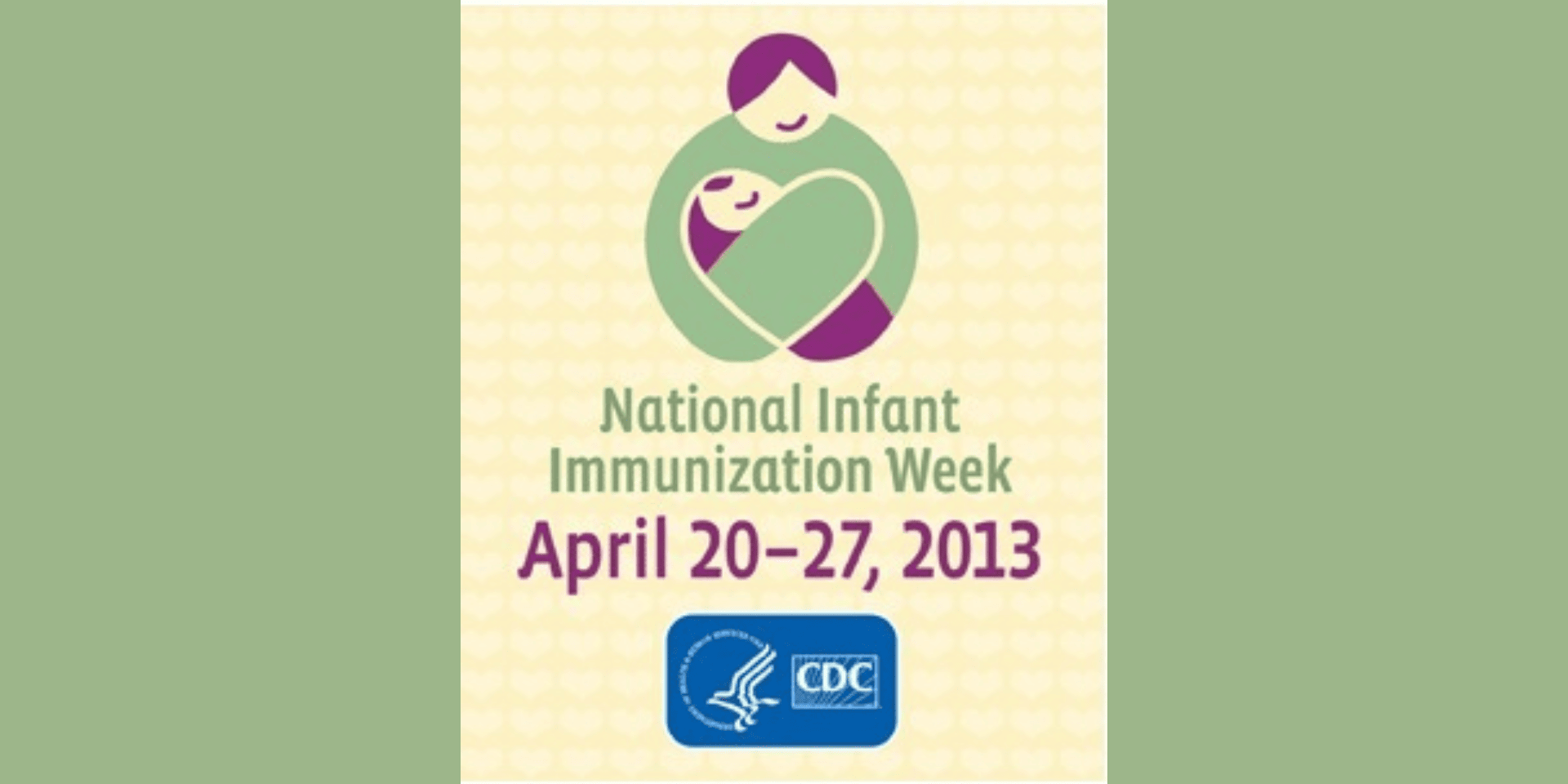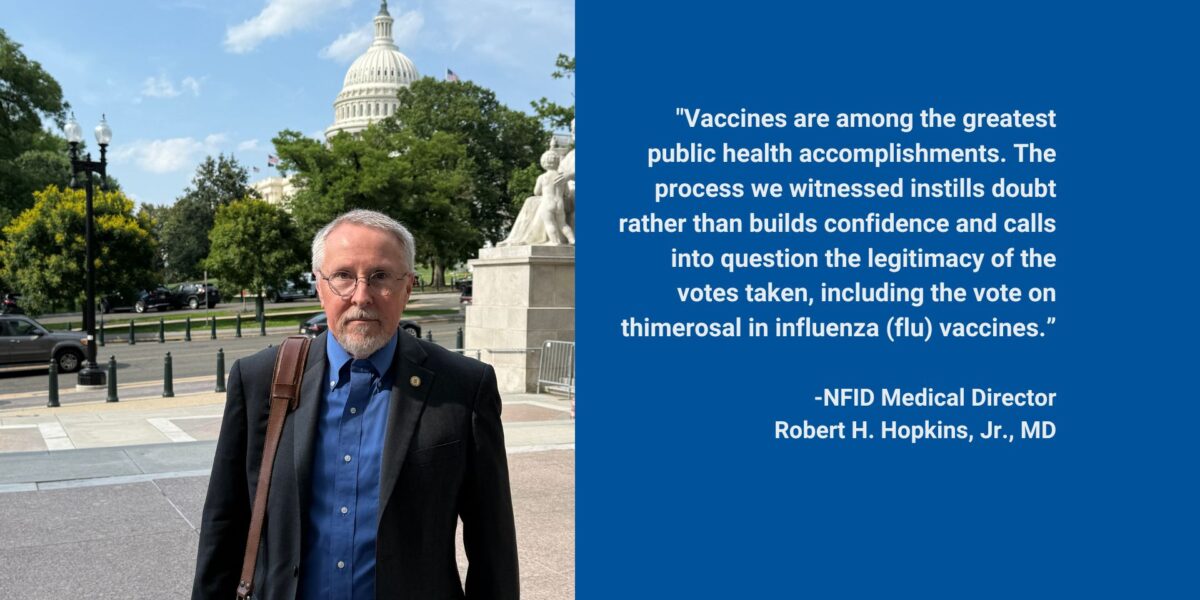
The US Centers for Disease Control and Prevention (CDC) has designated April 20-27, 2013 as National Infant Immunization Week (NIIW), an annual observance highlighting the importance of protecting infants from vaccine-preventable diseases and celebrating the achievements of immunization programs and their partners in promoting healthy communities. Since 1994, NIIW has served as a call to action for parents, caregivers, and healthcare providers to ensure that infants are fully immunized against 14 vaccine-preventable diseases.
Every 20 seconds, a child dies from a disease that could be prevented with a safe and effective vaccine. Millions more children survive, but are left severely disabled. Vaccines have the power not only to save, but also transform lives by protecting against disease – giving children a chance to grow up healthy, go to school, and improve their lives. Vaccination campaigns sometimes provide the only contact with healthcare services that children receive in their early years of life.
Immunization is one of the most successful and cost-effective health interventions—it currently averts an estimated 2 to 3 million deaths every year in all age groups from diphtheria, tetanus, pertussis (whooping cough), and measles.
Immunization is a global health priority at CDC focusing on polio eradication, reducing measles deaths, and strengthening immunization systems. CDC works closely with a wide variety of partners in more than 60 countries to vaccinate children and provide technical assistance to ministries of health to strengthen and expand countries’ abilities to create, carry out, and evaluate their national immunization programs.
Too few people realize that the health of individuals in the US and the health of people around the world are inextricably linked. Viruses don’t respect borders, so they travel easily within countries and across continents. By helping to stop vaccine-preventable diseases (VPDs) globally, CDC is also helping to protect people in the United States against importations of VPDs from other countries.
For example, in 2011, there were 220 reported cases of measles in the US—200 of the 220 cases were brought into the US from other countries with measles outbreaks.
The most effective and least expensive way to protect ourselves from diseases and other health threats that begin overseas is to stop them before they spread to our shores. CDC works to protect individuals from disease both in the United States and overseas. CDC employees detect and control outbreaks at their source, saving lives and reducing healthcare costs. CDC’s global health activities protect indivuals at home and save lives abroad and create goodwill with global neighbors.
World Health Organization’s World Immunization Week
To join the conversation, follow us on Twitter (@nfidvaccines) and use the hashtag #NIIW.
Related Posts

Flawed ACIP Process Leads to Confusion and Distrust
Public health experts and leading healthcare professionals share concerns regarding the June 2025 Advisory Committee on Immunization Practices (ACIP) meeting on US immunization policy …

Empowering Men to Prioritize Health
Staying up to date on all recommended vaccines and taking other steps to prevent illness helps ensure men are ready for what matters most—showing up for loved ones or simply enjoying life …

Autism and Vaccines: What the Science Really Says
Progress is being made in the search for the causes of autism, and this information may be valuable for families who are hesitant about vaccines
